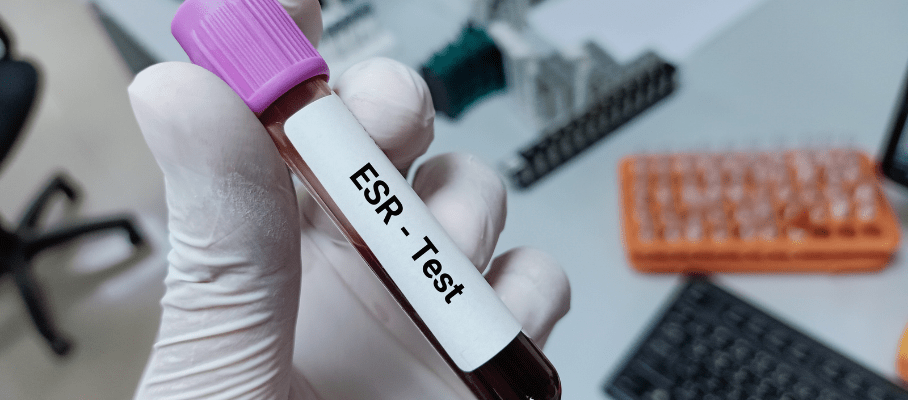This article provides comprehensive information on the COVID-19 JN.1 variant, including its characteristics, symptoms, treatment options, and precautions to take to protect oneself from infection. Here are the main points summarized:

General Information
- The JN.1 variant is a new strain of COVID-19 that has emerged.
- It is more contagious than previous variants but generally causes mild to moderate illness in most cases.
Symptoms
- Mild symptoms: fever, cough, fatigue, headache
- Moderate symptoms: difficulty breathing, chest discomfort, loss of appetite
- Severe symptoms: severe respiratory distress, confusion, blue lips/skin
Treatment Options
- Rest and hydration
- Oxygen therapy for those with low oxygen levels
- Antiviral medications like Paxlovid or remdesivir for moderate to severe cases
- Hospital care if symptoms worsen rapidly or do not improve
- Steroids in some cases to reduce lung inflammation
- Ventilation machines as a last resort
Precautions
- Wear a mask in crowded places, especially in poorly ventilated areas
- Wash hands often with soap and water or sanitizers
- Avoid touching face to lower the chance of transferring virus from surfaces to body
- Improve air flow at home by opening windows or using air purifiers
- Stay updated on vaccines and get booster shots whenever possible
- Monitor health and take symptoms seriously, testing early to prevent spread
- Respect personal space in busy areas or public transport
Recovery
- Most people recover from the JN.1 variant within 7-10 days with rest.
- Re-infection is possible even after having COVID-19 before.
- Current vaccines offer strong protection against severe illness caused by the JN.1 variant.
Conclusion
Staying informed about the JN.1 variant can help respond with confidence and care. Most cases remain mild, and early action can make a big difference in protecting health. If you feel unwell or need a reliable test, choose trusted diagnostic services.
